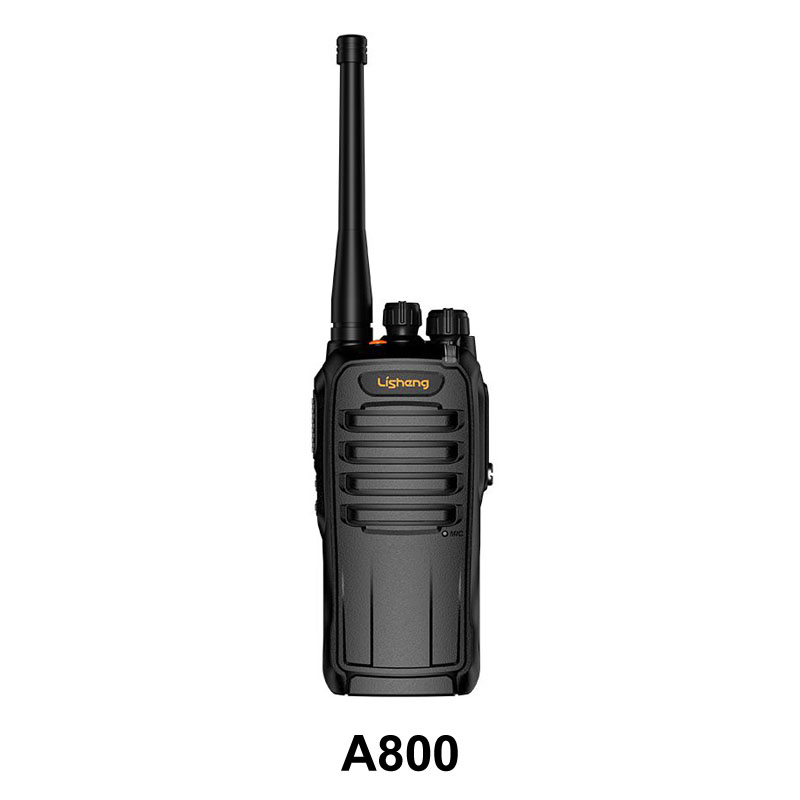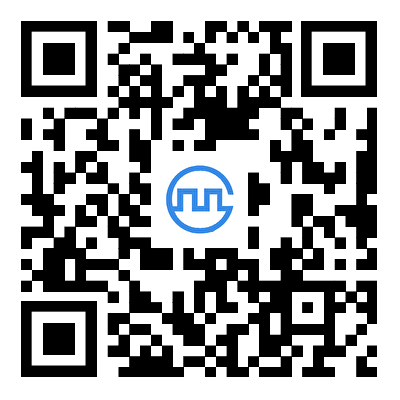What Makes DMR Radios a Game-Changer in Communication Technology?
2025-01-08
In today’s fast-paced, highly connected world, effective communication is more important than ever. Whether it's for personal use, business, or critical operations, having reliable communication tools can make all the difference. Digital Mobile Radio (DMR) has emerged as one of the most popular solutions for various communication needs, particularly in professional and industrial environments. But what makes DMR radios stand out, and why are they considered a game-changer in communication technology?
In this blog, we’ll explore what DMR radios are, how they work, their benefits, and why they are becoming an essential tool in many industries.
What is DMR Radio?
DMR, or Digital Mobile Radio, is a digital radio standard developed to provide high-quality communication for businesses, public safety organizations, and industrial sectors. It is based on the European Telecommunications Standards Institute (ETSI) standard for digital communication, offering a versatile and efficient alternative to analog radios.
DMR radios use digital transmission, which allows them to offer better voice clarity, improved range, and more advanced features compared to their analog counterparts. DMR operates in both licensed and unlicensed frequency bands, making it a flexible choice for a wide range of applications.
How Does DMR Work?
At its core, DMR radios work by converting voice and data signals into digital packets before transmission. This digital approach enables clearer audio quality and better data integration compared to analog radios, which suffer from signal degradation and interference.
One of the key features of DMR technology is its use of Time Division Multiple Access (TDMA), which allows two simultaneous communication channels to operate on a single frequency. This makes DMR radios more efficient than traditional analog radios, as they can handle more communication traffic without the need for additional spectrum.
DMR operates in three primary tiers:
- Tier I: Unlicensed, for general public use, typically used for non-commercial communication.
- Tier II: Licensed, designed for private users like businesses or industries, offering more features and greater control over the network.
- Tier III: Trunked radio system, ideal for large-scale operations where many radios need to be managed over a wide area, offering features like group communication and automatic channel allocation.
Why DMR Radios Are a Game-Changer
1. Better Voice Quality and Clarity
One of the standout advantages of DMR radios over analog radios is the superior voice quality. With digital transmission, the sound is much clearer, reducing the static and interference that often plague analog systems. This makes DMR radios particularly useful in noisy environments or in areas with poor signal quality, where clear communication is essential.
2. Enhanced Range and Coverage
DMR radios provide better range and coverage than analog radios. Due to their digital nature, they are more efficient in terms of signal strength, allowing users to maintain communication over greater distances. Additionally, the TDMA technology used in DMR systems helps optimize channel usage, improving overall coverage and reducing the need for additional repeater stations in many cases.
3. Efficient Use of Spectrum
DMR radios make better use of available frequency spectrum by using TDMA, which divides a single frequency into two time slots. This allows two separate conversations to take place simultaneously on the same frequency, doubling the efficiency of spectrum usage. This is particularly beneficial for organizations or industries that operate in crowded radio environments where spectrum is limited.
4. Longer Battery Life
Digital radio systems, like DMR, generally consume less power than analog radios, resulting in longer battery life. This is a key benefit for workers in industries like construction, security, or transportation, where long shifts and prolonged usage of radios are common. With DMR, users can rely on their radios to stay operational for longer periods, reducing the need for frequent recharging.
5. Advanced Features and Flexibility
DMR radios come with a range of advanced features that make them incredibly versatile. These features may include GPS tracking, text messaging, emergency alerts, and the ability to integrate with other communication systems. For example, GPS functionality can be used for fleet management, while text messaging allows users to send short messages when voice communication isn’t possible.
Additionally, DMR radios offer greater flexibility in terms of network configurations. Organizations can set up their own private networks, connect multiple groups, and even extend communication coverage through repeaters, providing a highly adaptable solution for diverse communication needs.
6. Improved Security
Security is a critical consideration in many industries, and DMR radios offer enhanced encryption options to protect sensitive communications. The digital nature of DMR allows for better encryption and authentication methods compared to analog systems, ensuring that communications are secure and preventing unauthorized access.
7. Cost-Effective
While digital radios might have a higher upfront cost compared to analog systems, the long-term benefits make them more cost-effective. DMR radios often require less maintenance, have lower operational costs due to better energy efficiency, and offer improved system management through digital networks. Over time, the reduced need for additional infrastructure and maintenance makes DMR a more economical choice.
Applications of DMR Radios
DMR radios are used across a wide range of industries and environments, including:
- Public Safety: Police, fire, and emergency medical services rely on DMR for clear and reliable communication in critical situations.
- Construction and Engineering: Teams working on large-scale projects use DMR radios to stay in touch with each other, ensuring safety and coordination.
- Transportation: DMR radios are used in logistics, railroads, and fleet management to track vehicles, monitor performance, and communicate with drivers.
- Manufacturing: In industrial settings, DMR radios allow workers to stay connected across large facilities, improving safety and efficiency.
- Hospitality and Retail: Hotels, resorts, and large retail chains use DMR radios to coordinate staff, manage operations, and enhance customer service.
Conclusion
DMR radios represent a significant advancement in communication technology, offering clearer voice quality, enhanced coverage, longer battery life, and greater efficiency compared to analog systems. With their wide range of advanced features and flexible applications, DMR radios are indeed a game-changer in many industries.
As organizations continue to demand more reliable, secure, and cost-effective communication solutions, DMR radios provide a compelling option for enhancing productivity, improving safety, and ensuring seamless communication across a variety of sectors. Whether you’re looking to upgrade your communication system or invest in a more advanced solution, DMR radios are undoubtedly worth considering.



